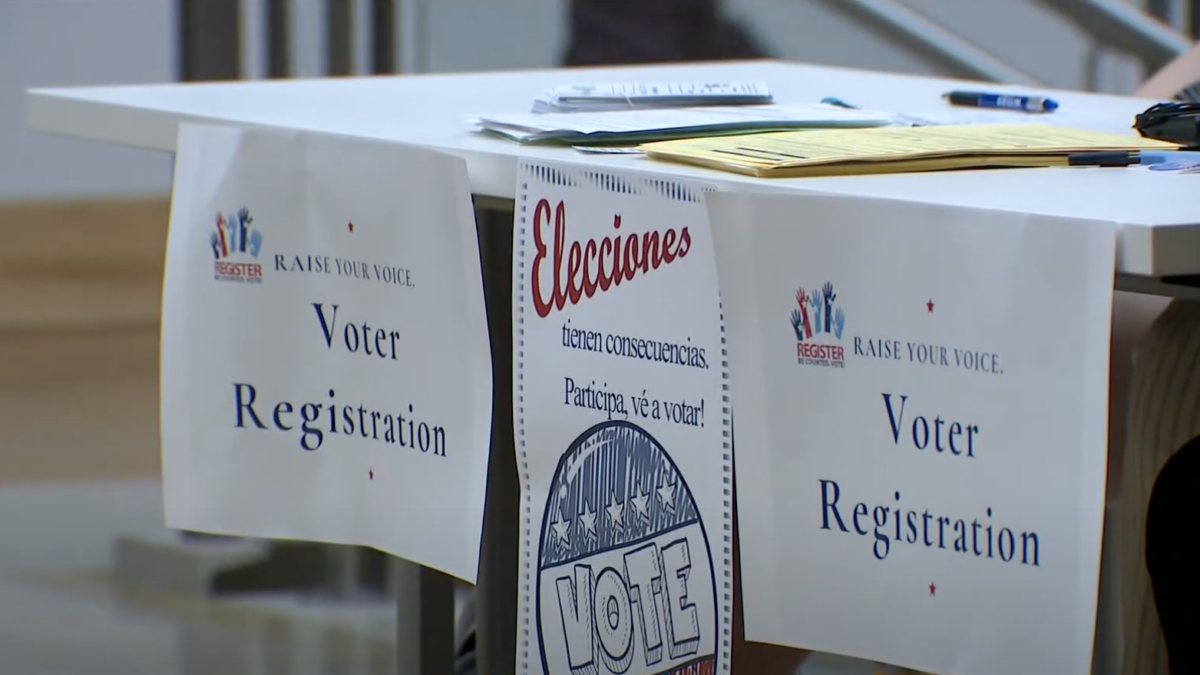
On September 14, 2015 a team of professors published a paper that came out after a series of exposés revealed a general unreliability in the “science of psychology.” There were a number of high-profile replication failures, a few fraud cases, and questionable research practices. People were beginning to ask whether psychological research could be trusted. The team observed that the field of psychology was almost entirely liberal and that the lack of political diversity was leading to a lack in scientific accuracy.
The scientists who published the paper were well known and respected, many holding liberal sentiments themselves. Yet they believed they could show how the lack of ideological diversity was interfering with the research, and creeping into other fields. The result of this creep, they worried, would not only be less reliable research but a lack of respect, trust, and funding for future research.
Their fears are being realized as funding for the social sciences is increasingly under threat from conservatives in Congress as well as the National Science Foundation, which proposed cutting its own social science budget by 11 percent this year. Political discussions are less and less grounded in agreed-upon facts because studies can be quickly dismissed as politically motivated, which is sadly often the case.
These scientists hoped to show the field of psychology has some culpability in the current state of affairs. To restore the faith of the masses, they believed psychology would need to work much harder to avoid political entanglements, stifle ideological homogeneity, and remain pure to the principles of scientific investigation.
This paper was published more than three years ago. Today, the field of psychology continues to ignore its need for political diversity and moves further from the sciences towards ideology. Of course some would defend psychology’s political leaning, saying perhaps that science is always already political.
I do not mean to contest this directly, only to say that no matter your paradigm of choice, we would all agree that a less reliable science, a science more prone to bias, more bendable to the wishes of the researchers, is an inferior science. That is exactly what psychology risks becoming, or at the very least seeming.
Psychologists Are Honest Only About Some Problems
One example of this problem is the uncharacteristic honesty of psychologists concerning reparative therapy, psychotherapy for people dissatisfied with their sexual orientation, sometimes called conversion therapy. I became aware of this after directing a documentary that details some of the more egregious holes in America’s mental health system.
After seeing my documentary, a few psychologists expressed concern that one of the psychiatrists we interviewed, Andrew Solomon, added homosexuality to a list of issues that might have brought someone in to see a therapist. I believe these critiques were well-intentioned. They wanted to make sure we knew that reparative therapy is generally ineffective and that homosexuality is no longer considered a mental illness.
They didn’t know Solomon is a well-known LGBT advocate, and proudly gay. The offense these critics took at the very idea of reparative therapy (one we did not even mean to suggest) struck me as an uncharacteristic moment of honesty.
These psychologists admitted that reparative therapy is ineffective, unproven, and potentially dangerous. Therefore psychologists shouldn’t promote an unproven treatment, at least not without a full and honest disclosure. I couldn’t agree more. However, the irony is that this same standard of excellence is not applied equally across the field.
Right now most therapists continue to deliver unscientific treatments for the majority of mental disorders. Seventy percent of the time a person goes into a psychologist, sits down on a couch, has the talk, and receives a treatment, he will receive a treatment that is not actually evidence-based. Most therapists rarely—if ever—use a treatment manual, which normally means they are simply doing whatever they learned in college (however long ago that was). Treatments are being proven and disproven every day, but practitioners keep using the same ineffective treatments they’ve been using over the last 50 years.
The Opposition to Ineffective Treatments Should Be Equal
The irony is that psychologists oppose reparative therapy with religious fervor while using just as ineffective and possibly dangerous methods to treat a host of other more common (but less politically sexy) issues such as addiction, depression, autism, and anxiety. If you want a list of misused treatments that may be just as ineffective as reparative therapy, here’s a start: play therapy, music therapy, equine therapy, attachment therapy, eclectic therapy, and Alcoholics Anonymous. The specific ineffectiveness depends on what therapy is being used to treat which mental illness.
Psychologists’ indignation against reparative therapy and apathy towards the many other common and disproven treatments discredits the field—a field one would hope showed more fidelity to its science. The way politics dominate the sentiments and practices of the field throws into question what kind of science it is capable of producing. Jonathan Haidt raised this very question as the keynote speaker of the American Psychological Association convention two years ago. Even as a self-declared bleeding-heart liberal, Haidt believes this is a real problem, so he founded Heterodox Academy to publicize and advocate for ideological diversity.
Currently, the standard of evidence seems to only be used when it aligns with psychologists’ political opinions. I would rather psychologists (whether researchers or practitioners) be true to their science—whether it’s politically popular or not, whether it’s lucrative or not. Sooner or later we are bound to come across a reparative therapy that works, whether it’s genetic alteration or a new form of cognitive behavioral therapy. Therapists need to be open to that fact and remain open to the possibilities and evidences of their science.
That’s why any attempts to unilaterally condemn all current and future conversion therapies (such as Assembly Bill 2943 in California) seems wrongheaded. I think people should have the choice to pursue reparative therapy. People should also be free to practice and receive play therapy or music therapy even though these are statistically ineffective. I sure wouldn’t recommend starting with experimental treatment. And we definitely need to do a better job advising patients about what kind of evidence supports what treatments. That’s because, as a whole, psychology is really only being honest about reparative therapy.
If you know what you want and you know the science, and psychologists are honest with themselves and their patients, then go ahead and try a new therapy. That’s how most of our effective therapies were developed in the first place.
As crazy and unpopular as it may sound, I think the people who should be promoting experimental reparative therapies are research institutions suffering from liberal monopolies. This way they can protect the patients from dangerous treatments, honor the patient’s wishes, and prove that they care about ideological diversity. It may be the very price they need to pay to preserve their science.









